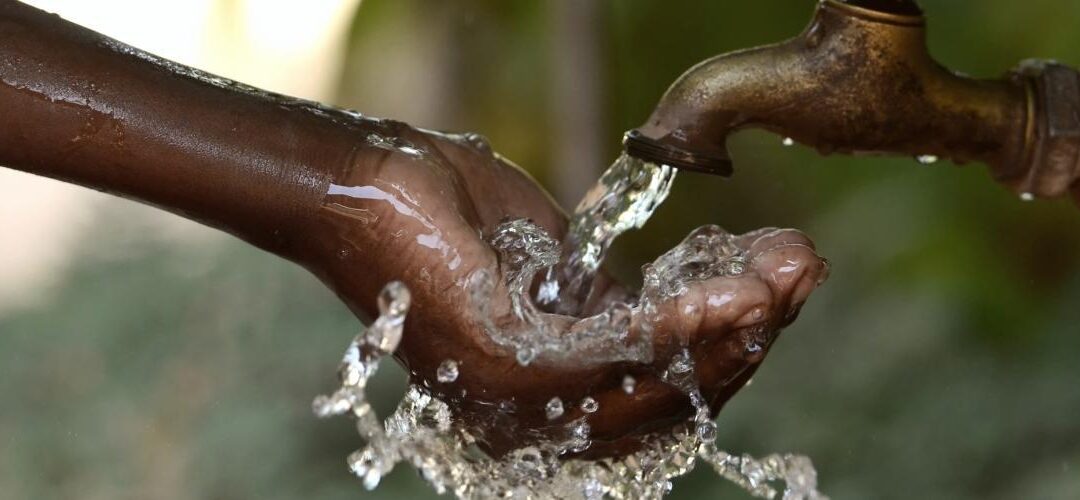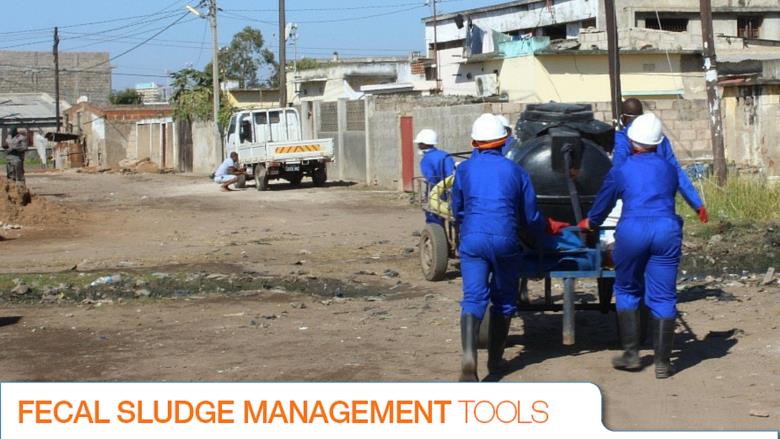


1 in 4 health care facilities lack basic water services

One in four health care facilities around the world lacks basic water services, impacting over 2 billion people, according to a new report by WHO and UNICEF Joint Monitoring Programme for Water Supply, Sanitation and Hygiene (JMP).
New App to Map & Monitor the World’s Freshwater Supply

A new app to map and monitor the world’s freshwater supply
Water affects all of us, no matter where we live. Drought harms everyone, from farmers in the western United States dealing with long-term drought, to people in Kazakhstan and Uzbekistan suffering debilitating health consequences from the Aral Sea draining, to millions of people displaced by floods in Kerala, India. About four billion people, or almost two-thirds of the world’s population, experience severe water scarcity at least one month of the year.

Member, PIND, talks about their successes with economic development

How we crashed cost of farming in the Niger Delta
James Elekwachi is Economic Development Programme Manager at the Foundation for Partnership Initiatives in the Niger Delta, PIND. He tells Vanguard’s Egufe Yafugborhi, in this interview, that the development agency’s sustained commitment to lifting many from poverty into livelihood engagements, through improved farming skills and information, would have passed by if the goodwill organisation had caved in to profound tendencies for violence and disruptions it met on ground six years ago.

World Bank offers tools for urban faecal sludge management

In many cities, the emptying, conveyance, treatment and disposal of fecal sludge has largely been left to unregulated private, informal service providers. To address this neglected but crucial part of urban sanitation, the World Bank has developed some tools to diagnose fecal sludge management (FSM) status and to guide decision-making.
Neglected Diseases – A Solution

“Amidst the devastation brought on by… neglected diseases is a neglected solution. Strong evidence shows that access to safe, sustainable and reliable water, sanitation and hygiene (WASH) interventions plays a critical role in preventing transmission.”
